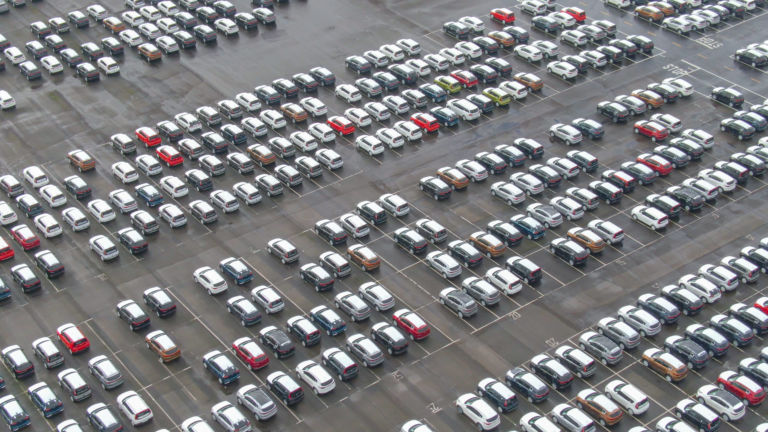Battery electric vehicles in January: Market distortion due to CO2 fleet regulation

In January 2025, new passenger car registrations in Germany recorded a slight decline of 2.8% compared to the same month last year. This corresponds to 207,640 vehicles. This is according to an analysis of the figures from the Federal Motor Transport Authority (KBA) by the Association of International Motor Vehicle Manufacturers (VDIK). New car registrations from international manufacturers, on the other hand, rose by 0.5 percent.
34,498 purely battery-electric passenger cars (BEVs) rolled onto the roads, representing a significant increase of 53.5% compared to the weak same month last year. In January of last year, the market for electric cars suffered from the end of the purchase subsidy for electric vehicles for private customers in December 2023. This led to electric vehicle purchases being brought forward, with the result that registration volumes fell significantly in January 2024. The BEV market share in January 2025 was 16.6% of all new passenger car registrations, around 6.1 percentage points higher than in the same month last year. New BEV registrations of international brands grew at an above-average rate, with an estimated increase of 78.8 percent compared to the same month last year, accounting for around 40.4 percent of the total BEV market.
VDIK demands: Suspend CO2 penalty payments
“The strong growth in new BEV registrations is due on the one hand to the very weak month of the previous year following the abrupt end of the subsidy. On the other hand, special effects in connection with the CO2 fleet regulation are also conceivable in January, which already caused the market for electric cars to shrink by almost 39 percent in December 2024 compared to the same month last year. Even though the share of BEV registrations rose to 16.6 percent in January as a result, this figure is currently not sufficient to achieve the required fleet limits. The VDIK is therefore calling for CO2 penalty payments to be suspended immediately until the framework conditions for sufficient customer confidence in electromobility have been created. We now need to set the right strategic course for a successful transformation of the automotive industry,” says VDIK President Imelda Labbé.
Plug-in hybrids (PHEVs) also recorded year-on-year growth in January 2025. New PHEV registrations rose by 23.1 percent to 17,712 vehicles last month. This corresponds to a market share of 8.5%, which is once again the highest market share since the end of the PHEV purchase subsidy in December 2022, following the respective provisional highs in recent months. Here, too, the international brands showed particularly significant growth with a provisional increase of 69.3%, bringing their market share to 43.7% of the total PHEV market.
In total, electric vehicles – i.e. BEVs and PHEVs combined – accounted for 52,210 new passenger car registrations in January, 41.6% more than in the same month last year. Their market share was 25.1% (January 2024: 17.3%).
The number of new commercial vehicle registrations in January was 28,006, 4.2% lower than in January of the previous year.
Internationale Marken*,840,4
| January | |||
|---|---|---|---|
| +/- (%) | Share of total car market (%) |
||
| Passenger car | 207,640 | -2,8 | |
| International Brands | 87,543 | 0,5 | 42,2 |
| German Brands | 116,856 | -3,9 | 56,3 |
| Electric vehicles (total) | 52,210 | 41,6 | 25,1 |
| purely battery-powered | 34,498 | 53,5 | 16,6 |
| International Brands* | 13,925 | 78,8 | 40,4 |
| German Brands* | 18,467 | 65,5 | 53,5 |
| plug-In-Hybride | 17,712 | 23,1 | 8,5 |
| International Brands* | 7,739 | 69,3 | 43,7 |
| German Brands* | 9,777 | 0,5 | 55,2 |
| Commercial vehicle | 28,006 | -4,2 | |
Source: KBA, VDIK